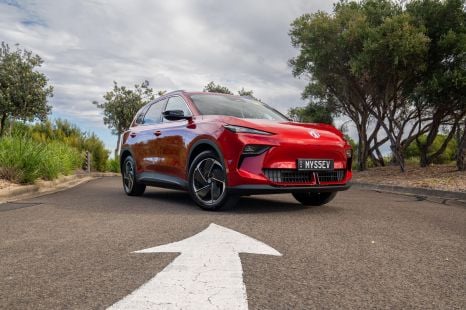

Andrew Maclean
5 Days Ago
Australians are forking out more than $3 billion per year to use toll roads in Sydney, Melbourne and Brisbane, with costs expected to rise.
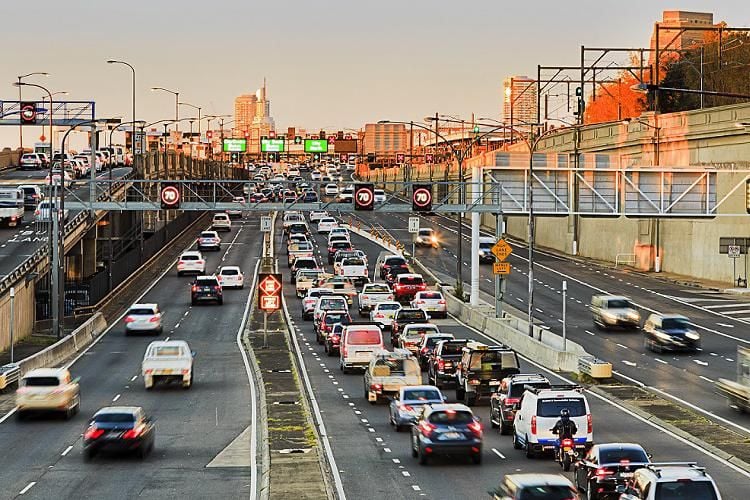
Australians are paying more than $3 billion per year to use toll roads in the three major capitals, and costs are set to keep rising and threatening to change how we use private transport.
An extensive investigation by the ABC’s Four Corners detailed how much Australian motorists are paying to use toll roads in Sydney, Melbourne and Brisbane – almost all of which are exclusively owned by Transurban.
At present, Transurban is a full shareholder and manager of Melbourne’s CityLink, and Sydney’s M2 Hills Motorway, Lane Cove Tunnel, M5 South-West and Cross City Tunnel.
It also is an equal-part or majority shareholder and manager in Sydney’s Eastern Distributor, Westlink M7, WestConnex and NorthConnex, and holds a majority share in Transurban Queensland, which operates all toll roads in or around Brisbane.
100s of new car deals are available through CarExpert right now. Get the experts on your side and score a great deal. Browse now.
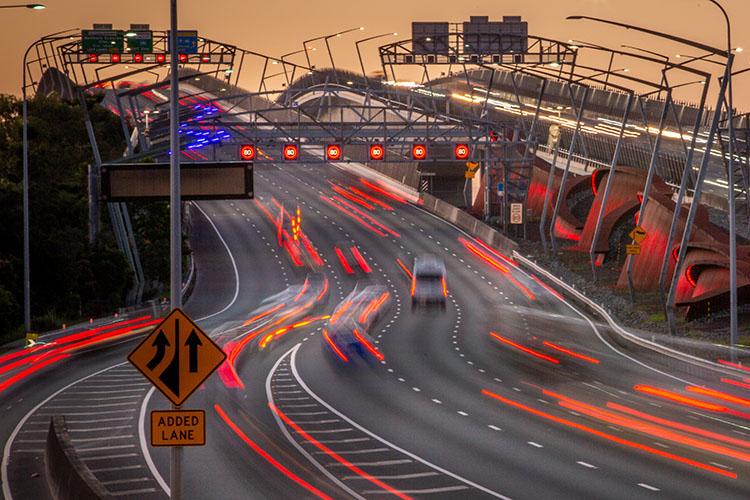
In the 2023-24 financial year, Transurban recorded revenue of $3.283 billion from its Australian toll roads, a significant increase from the $2.437 billion it collected in the partially lockdown-impacted 2021-22 period.
For motorists who have to use any of Sydney’s 150km-plus worth of toll roads, the cost of driving in these regions can eat up a significant portion of an individual’s income.
According to Four Corners, a motorist driving from Wollondilly in Sydney’s south-west can spend approximately 17 per cent of their average income on tolls while commuting to the CBD – by far the most of any region in the New South Wales capital.
It’s worse for those driving from the Sutherland Shire or Liverpool, who pay as much as 20 per cent of their average income to drive to Hornsby.
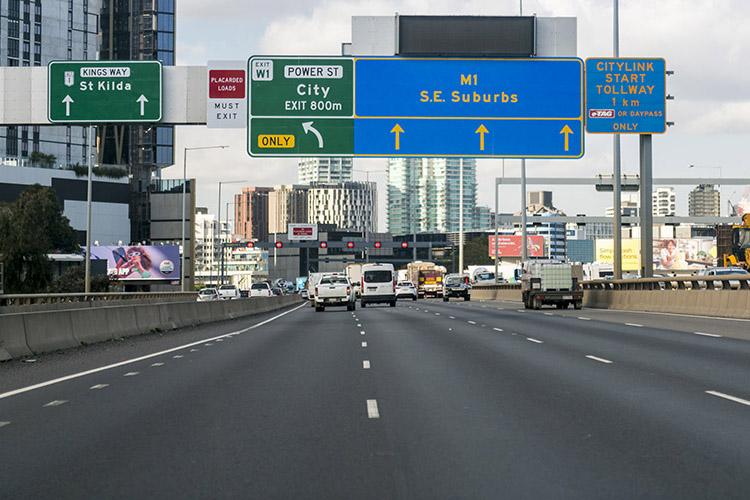
In Melbourne, motorists who commute to the CBD from the Mornington Peninsula and Greater Dandenong, and use a mix of the Transurban-operated CityLink and the ConnectEast consortium-owned EastLink, spend almost 12 per cent of their average income to use these toll roads.
Brisbane’s Transurban-owned toll roads don’t affect commuters to the city nearly as much, with the most affected being those from Bribie Island and Caboolture, who pay about 6.5 per cent of their annual income on tolls.
However, it’s a different story for those who commute to the airport, which most greatly disadvantages those from Ipswich, Forest Lake and Oxley, where motorists fork out as much as 12 per cent of their annual income on the drive.
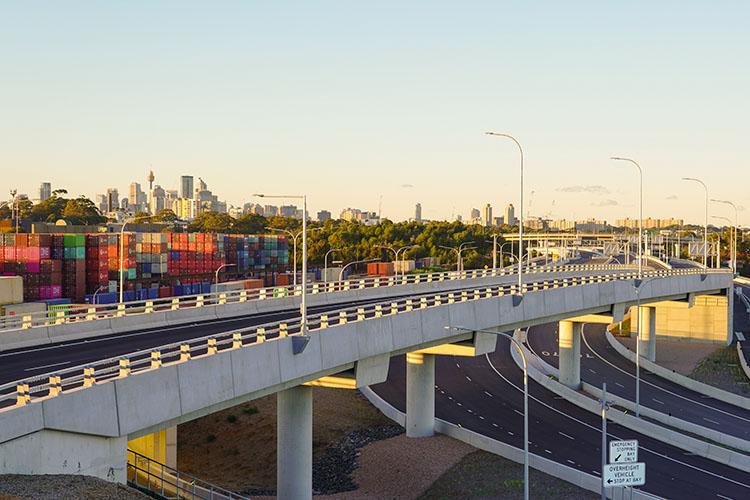
The cost of driving on these toll roads is only expected to rise, due in part because they’re pegged to the consumer price index and rise with inflation.
If inflation is low though, there’s still a minimum price increase of four per cent, due to contracts the operator has signed with the New South Wales, Victorian and Queensland state governments.
Transurban is currently working with the New South Wales government to reform its toll road network in the state, following an independent review produced for the state.
You can read the full Four Corners report, its interactive graphics and its methodology here.
Born and raised in Canberra, Jordan has worked as a full-time automotive journalist since 2021, being one of the most-published automotive news writers in Australia before joining CarExpert in 2024.


Andrew Maclean
5 Days Ago
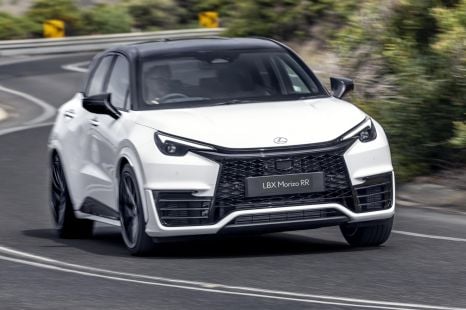

Josh Nevett
8
5 Days Ago
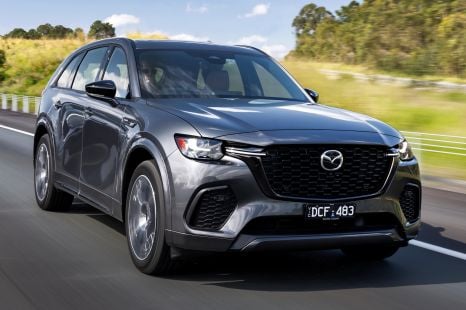

Jack Quick
7.9
4 Days Ago
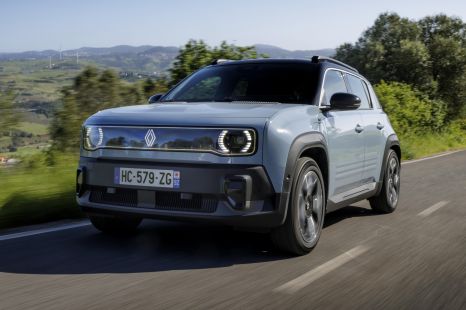

Neil Briscoe
3 Days Ago
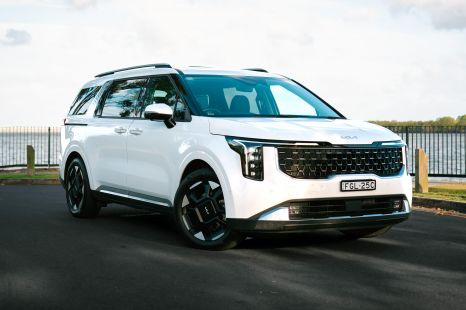

William Stopford
8.5
2 Days Ago
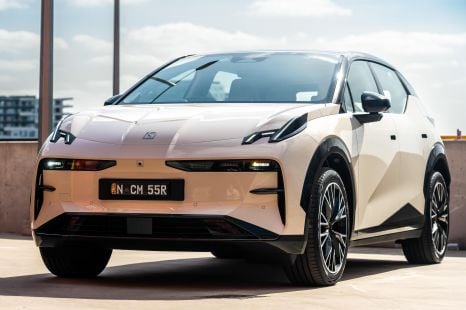

James Wong
7.9
24 Hours Ago